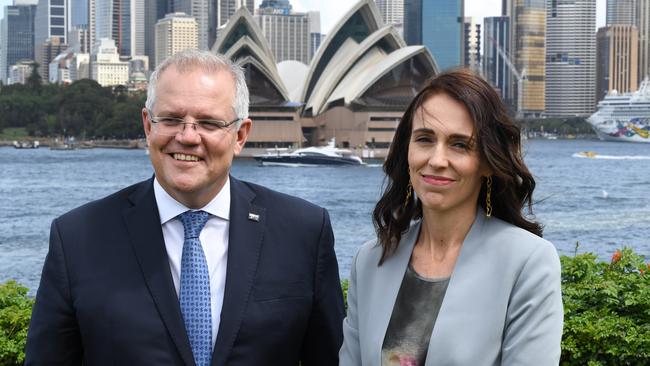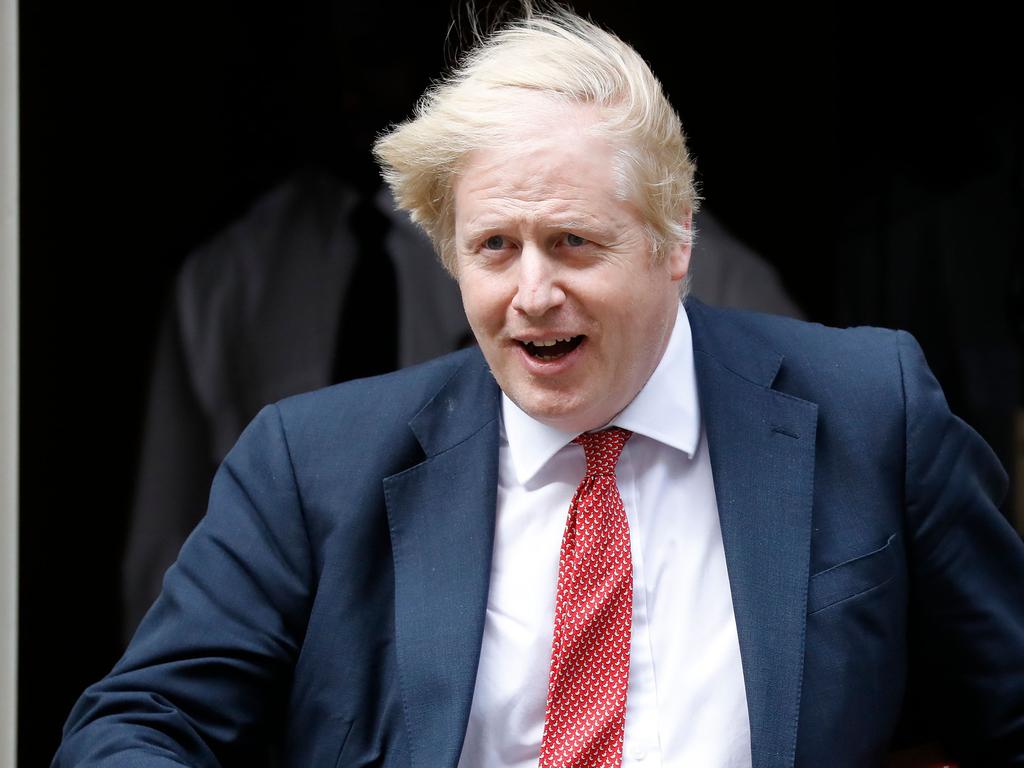Post-COVID, the Australasian dollar gains currency
Australia and NZ, having ‘defeated’ COVID-19 for now, unexpectedly find themselves in an attractive position. But economically it may prove a mixed blessing.

The US deliberately welcomed and encouraged brilliant foreigners to settle in the country. Simon Kuznets in economics, Albert Einstein in physics, the list is endless. Cast your eye down the list of Nobel laureates awarded to Americans: more than a third are foreign born.
Australia and New Zealand, having — for now at least — “defeated” COVID-19, unexpectedly find themselves in a more attractive position to attract the best and the brightest, along with cashed-up foreign boomers seeking a COVID-free retirement.
Economically, being COVID-free may prove a mixed blessing for the two countries, which make up less than 1.5 per cent of global economic output, and a scintilla of the world’s population.
Some of their biggest exports have shrivelled up. International tourism made up almost 21 per cent of New Zealand’s export earnings last year, and higher education was Australia’s fourth largest export. Exports, however remote they may seem to many, allow us to afford goods and services from abroad.
Australians and New Zealanders won’t be able to go abroad without a period of quarantine on return. And the prospect of a two-week quarantine will deter all but the most determined tourists and business people from visiting.
But for longer, or permanent, stints the imposition won’t be nearly as onerous. Certainly, well-off seniors in Europe and North America may be prepared to pay a hefty down-payment in the millions — enough to fund their healthcare costs and more — for a permanent visa to Australia. The government already offers significant investor visas for anyone worth $1.5m or more — why not a significant senior subclass?
The rest of the world will live under the spectre of stage three or four lockdowns for potentially a few weeks every year until a vaccine is found for the coronavirus, or some sort of herd immunity is achieved. That’s a highly disruptive prospect for researchers too.
Kyle Daniels, a postdoctoral fellow with the Damon Runyon Cancer Research Foundation in California — which imposed a Victoria-style lockdown on March 19 — says research at universities in the US has largely been shut down.
“This is an opportunity for Australia to establish collaborations with universities in the US, perhaps by taking in postdocs and graduate students from labs in the US that aren’t functioning normally right now,” he tells The Australian. “There are a lot of American scientists who would love to get back to work in a stable environment like Australia. And some of that talent would stay in Australia afterwards.”
Oliver Hartwich, executive director of the New Zealand Initiative, says our universities could diversify their appeal to students who would have picked US or British institutions as well. “And why not offer Australian and New Zealand grounds to the Bundesliga and the Premier League? Bring in the players and everyone, quarantine them for a couple of weeks and let them start playing the rest of their matches in sports grounds and empty stadiums here,” he says.

It’s not crazy. Olympians will need to keep training, and millions of euros in broadcast rights are at stake right as the world’s top sporting codes face ongoing disruption from COVID-19 restrictions.
Weeks of experience working from home, for white-collar workers at least, have eroded the relevance of time zones and formal working hours, playing into Australia’s and New Zealand’s hands.
Eric Knight, a pro vice-chancellor at the University of Sydney who recently returned from a stint at Stanford University, says Austrade and federal and state governments should mobilise the one-million plus Australian diaspora to encourage decision-makers in US multinationals to shift jobs and R&D here.
“Companies like Google, Amazon, Twitter and Facebook have all opened major offices in recent years to try to address their structural talent shortfalls, and have located them in a nearby, strategic ally: Canada,” he says.
“Australian software engineers are no less intelligent or hardworking than their American counterparts and are no more than a flight away.” Their average wage, he adds, is about a third of those in California too.
Any campaign would be more successful if the government brought forward tax cuts slated for 2024, which include a flatter income tax scale and a higher income tax threshold of $200,000.
Excluding European nations and New Zealand, Australia’s top marginal tax rate cuts in at the lowest multiple of average earnings in the world, on OECD figures. New Zealand’s is 33 per cent, ours is 47 per cent. High-income earners might deserve a break, having just funded the biggest social security transfer in our history on top of a decade of bracket creep.
COVID-19 has made Australia and New Zealand a lot poorer, but it needn’t be forever. Being COVID-free will have economic cachet, though whether it’s enough to offset the damage remains to be seen.
The shock may galvanise support for bringing the nations closer together economically. For more than 30 years the two countries have been dismantling barriers to trade, investment and the movement of workers. New Zealand might consider adopting the Australian dollar, with some reasonable accommodation by Australian authorities. New Zealand’s Treasury secretary could sit on the Reserve Bank board, for instance. The euro has given currency unions a bad name, but no one seriously argues for Western Australia to have a separate currency because its economy is different, or on a different cycle, from the rest of the Australia.
Such a bold move would excise the uncertainty faced by businesses on both sides of the Tasman when considering whether to sell into each other’s markets. Banks would lose out on the tens of millions in foreign exchange fees. The practical and psychological barrier would boost trans-Tasman tourism too.
Yes, New Zealand would lose the ability to set its own interest rates, but the official cash rates are the same in both countries. And if Japan is any guide to our monetary policy future, they won’t be going anywhere soon.








Joe Sixpack had little to do with America’s emergence as a scientific and technological superpower after World War II.